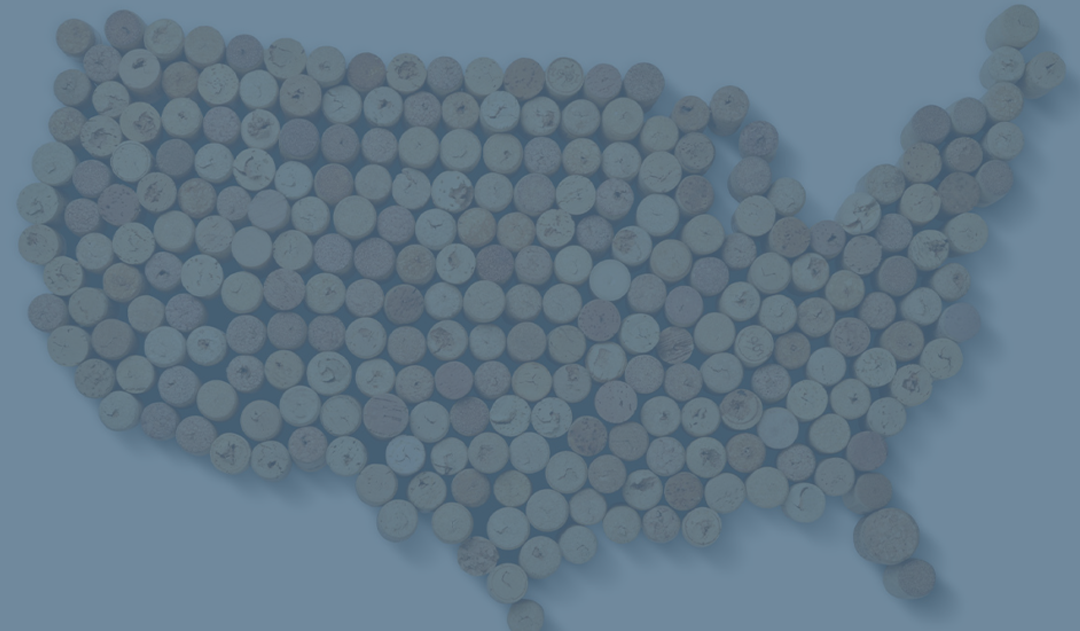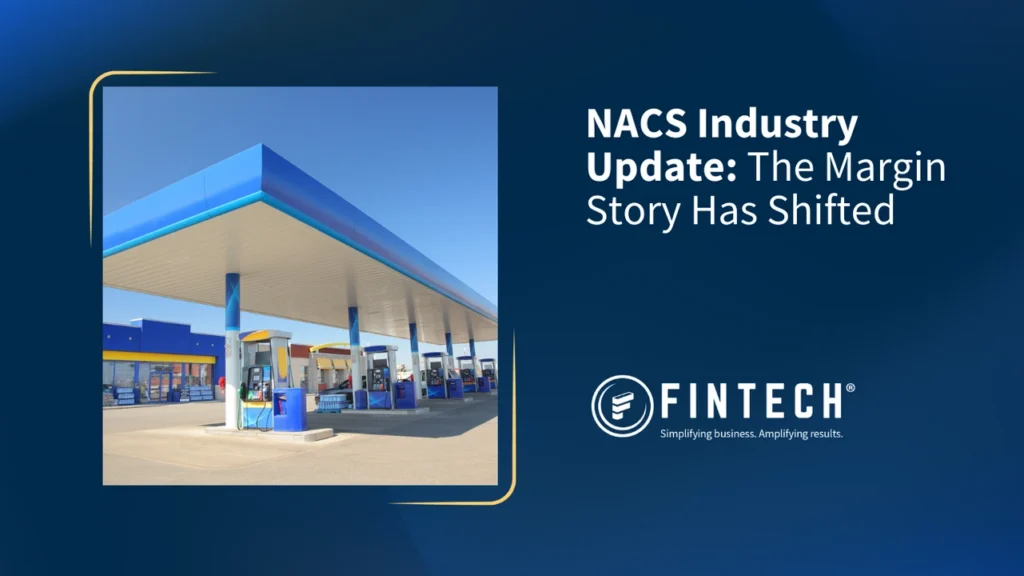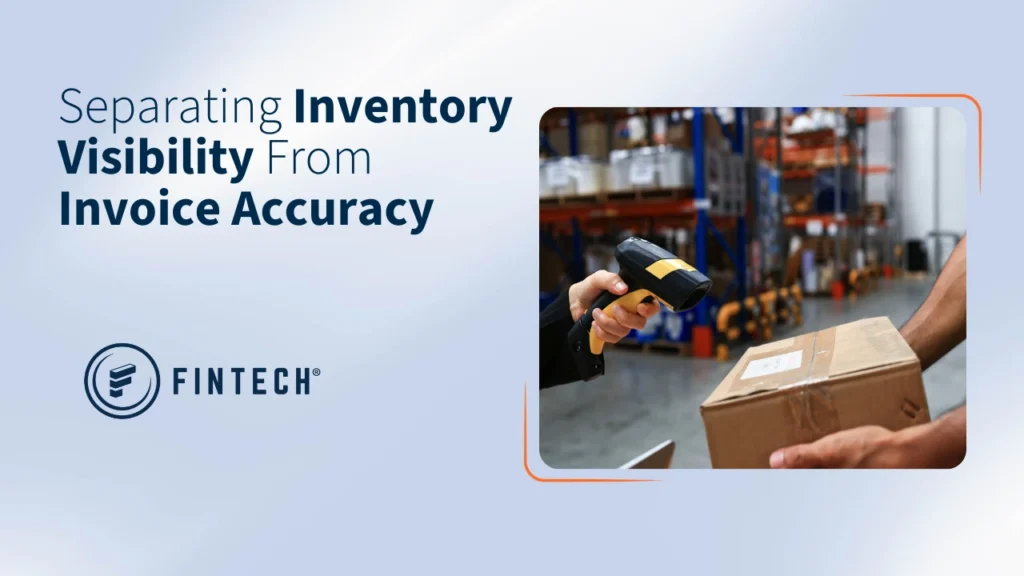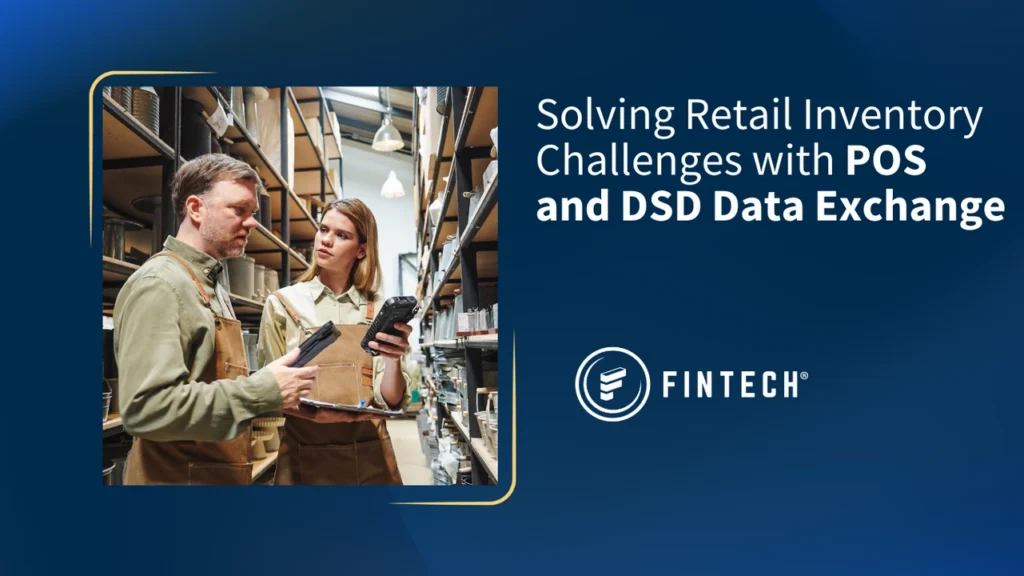A brief history of America’s complex alcohol laws surrounding sales.
This past February, I celebrated my three-year anniversary with Fintech, and as I sat down to write this blog, I thought back on this time and all the people I’ve met. When I talk to people from my past, they usually ask me what I’m doing now to make a living. Typically, I’ll start with the garden variety elevator pitch of what we do here at Fintech, layer in a couple industry value prop statements, and throw in a hint of historical factoids about alcohol laws and the three-tier system as my go-to overview. After hundreds of Fintech overviews, it’s usually the latter points about the three-tier system that are most often met with, “I didn’t know that!”
Given the consistent response across the years, I’ve concluded that the everyday person has no real understanding of how the three-tier system came to be, nor the complexities of how it is governed. So, even though I majored in business, today I’m playing the role of history teacher.
For those of us who occasionally partake in a glass of wine, cold beer, or scotch, have you ever taken the time to figure out how this product actually came into your possession? Prior to working at Fintech, I didn’t. The passage of the 21st Amendment, which eliminated prohibition, introduced government-mandated complexities that are really eye-opening to the average person! While the overall intent of the passage was to ensure that the proper taxes were applied, there is a lot more to it than that.
During the 1920s, Al Capone and gangsters like him ran the show as the original alcohol supplier, distributor, and retailer. Occasionally, good old Uncle Sam would pay him visits asking for the taxes from each sale, but Al simply said he didn’t have it! He never took the time to collect it! But, by adding the distributor/wholesaler tier between the supplier and retailer tiers, the 21st Amendment introduced checks and balances that protected consumers and ensured that all revenue from alcohol sales was accounted for and that the proper taxes were collected.
In simple terms, below are the three tiers:
- Tier 1 Supplier/Manufacturer of any alcohol
- Tier 2 Distributor/Wholesaler who distributes alcohol to retail outlets
- Tier 3 Any retailer who sells alcohol directly to consumers (Bars, Grocery, C-Stores, Hotels)
Now that you have your arms around the three tiers, layer in the fact that each state sets terms for how long retailers have to pay for product when it is delivered. Twenty states are COD (cash on delivery), while 14 states extend terms for anywhere from 10 to 60-days to pay the invoice. In the middle are what we call “mixed” states – some combination of COD and term payments. Remember this point the next time you are staring at all the liquor, beer, and wine bottles behind the bar! For example, in the state of Georgia, every single alcoholic product sitting in a retail business was paid for at the time of delivery – talk about tying up your cash in inventory!
The single biggest point I try to hammer home is that the retailer must pay the amount due on the invoice presented to the penny. If an invoice is short paid or not paid because of a misplaced invoice or the check a retailer cut was for less than the amount due, the retailer risks getting placed on a statewide “NO SALE” list. If a retailer winds up on this list, no distributor can sell them any type of alcohol until the invoice in question is cleared up. Think about your own business – is there any other product you purchase today that falls under these strict guidelines? Imagine having multiple locations across several states. Who on your team would own staying on top of these guidelines? Better yet, who on your team would stay on top of all the overpayments and credits you think you are owed? Was I charged the right price? Did I receive the right product and quantity? How do I reconcile what I paid versus what I actually received? The questions surrounding alcohol purchasing can be daunting.
No matter where you sit on the three tiers, Fintech makes it easy to understand how the alcohol industry has evolved since prohibition and helps suppliers, distributors, and retailers of all shapes and sizes navigate the complex, ever-changing landscape of alcohol payments. By automating payments and regulatory compliance, retailers who partner with Fintech never have to struggle with questions like those above – they simply accept their deliveries and focus on their business. So, the next time you hear my elevator pitch about Fintech, you can say, “I did know that!”






